What is CoCreation and how do you teach and train it ?
“co-create describes an approach to design that attempts to actively involve all stakeholders (e.g. employees, partners, customers, citizens, end users) in the design process to thus ensure the result meets their needs and is ultimately usable. This brings about a great range of benefits for their product or service such as a better fit to the customer’s needs, profitability or brand loyalty.”
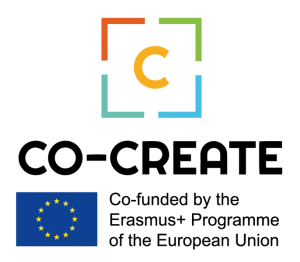 This is the official description of the Erasmus+ Co Create project, an European cooperation project that “will create and distribute a brand new curriculum on co-design: a set of valuable design skills that has gained increased relevance in recent years and can no longer be ignored.”
This is the official description of the Erasmus+ Co Create project, an European cooperation project that “will create and distribute a brand new curriculum on co-design: a set of valuable design skills that has gained increased relevance in recent years and can no longer be ignored.”
More about the Co-Create Project
The Training for CoCreation
In March 2017 ECBN will send two trainers to the train-the-trainer workshop of the Co Create Project taking place in Linz. We are proud to introduce them already today: Gabrielle Muris and Edo Wiersema.
Both will work in the Netherlands to mainstream the cocreate curriculum, foster the new skills needed for cocreation and thus strengthen value creation and its chain of collaboration in a digital economy.
The Industrial and Societal Impact of CoCreation: Our Vision
The vision of ECBN is to continue training for cocreation skills beyond the Erasmus+ project, because: cocreation skills are becoming more and more vital for the new industrial value chains in the digital economy. These value chains are based upon collaborative creation and actively involving all stakeholders. Creative business today must develop and get ready for this new value creation in a digital economy. ECBN is keen to offer support by CoCreation Training, which is state of the art.
The ECBN Trainers for CoCreation
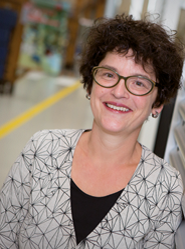 Gabrielle is owner of Urban Impact. With her firm she focuses on the redevelopment of former industrial areas in cities and on the creation of 21st century working and learning environments. Since 2016 she is working on the adaptive reuse of the industrial heritage of the Werkspoor factory and the redevelopment of the Werkspoor area in Utrecht. Next to this she works on projects in the field of international knowledge exchange on adaptive reuse, resiliency and creative industries.
Gabrielle is owner of Urban Impact. With her firm she focuses on the redevelopment of former industrial areas in cities and on the creation of 21st century working and learning environments. Since 2016 she is working on the adaptive reuse of the industrial heritage of the Werkspoor factory and the redevelopment of the Werkspoor area in Utrecht. Next to this she works on projects in the field of international knowledge exchange on adaptive reuse, resiliency and creative industries.
In the past Gabrielle has held several positions at Dutch research universities Erasmus University and TU Delft and worked as senior strategist on the topics of creative industries and knowledge economy for municipality of Rotterdam and the Economic Development Board Rotterdam. Since 2007 she was director of RDM Campus in Rotterdam: an innovative learning and working environment for students and entrepreneurs in the Port of Rotterdam, located on a former shipyard. As director she was responsible for the general organisation, strategic development and commercial activities of the campus. She also was the initiator of the RDM Makerspace. From 2015 till July 2017 she was the Program Director of the Centre for Resilient Delta Cities in Rotterdam. Gabrielle holds a MA in history and a MSc in urban development.
More: https://twitter.com/gabriellemuris
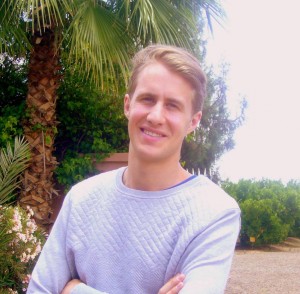 Edo Wiersema started 2015 De Stadstuin in Utrecht , a (temporary) co-working space for freelancers, starters, start-ups, social enterprises, non-profit organisations and creative entrepreneurs. Edo is 28 year old of age and has been living in Utrecht for moreover 8 years now. He studied in Amsterdam & Utrecht and met his wife in Utrecht.
Edo Wiersema started 2015 De Stadstuin in Utrecht , a (temporary) co-working space for freelancers, starters, start-ups, social enterprises, non-profit organisations and creative entrepreneurs. Edo is 28 year old of age and has been living in Utrecht for moreover 8 years now. He studied in Amsterdam & Utrecht and met his wife in Utrecht.
He started with a Higher Education Study Leisure Management in 2010 and finished his Master of Science at the Utrecht University in 2014. As a Urban Geographer he has done (applied) research on the transformation and reallocation of (office) buildings. During his thesis on the use of rooftop gardening in a reallocation project he also wrote a business case on ‘vertical indoor farming’.
De Stadstuin rents out desks, (music)studios, ateliers, units and bigger spaces and provides an approachable event program to inspire the tenants, such as Pitch Thursday, Creative Coding, Yoga, Bootcamp, game nights and the famous Friday Afternoon Drinks (VRIJMIBO in Dutch). De Stadstuin rents out 3 offices in Utrecht with about 200 entrepreneurs.
Edo will open 2 more locations in 2018 in Utrecht and is planning to open up 2 more outside Utrecht. This way an offline and online network of (in potential thousands) entrepreneurs is provided and mixed. The vision for the next 4 years is to open up De Stadstuin in every city in Holland with Applied Higher Education or Art Academies, providing affordable office spaces in moreover 15 cities.
In march 2018 Edo will open up ./utrecht (dotslash utrecht), a new concept, focused on start-ups and scale-ups. We will partner up with the local governement, Utrecht University, Rabobank, CapGemini, SHV, Walvis Participaties, National Railway, Bol.com and Ziggo/Vodafone.
More: http://www.destadstuin.nl


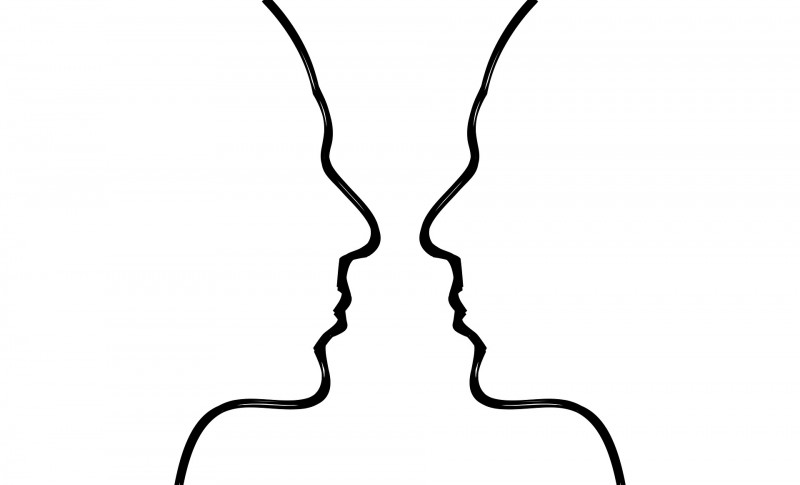
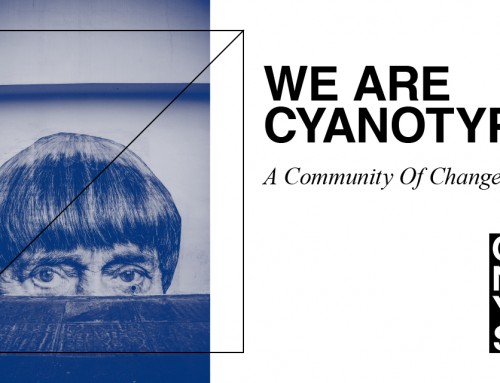
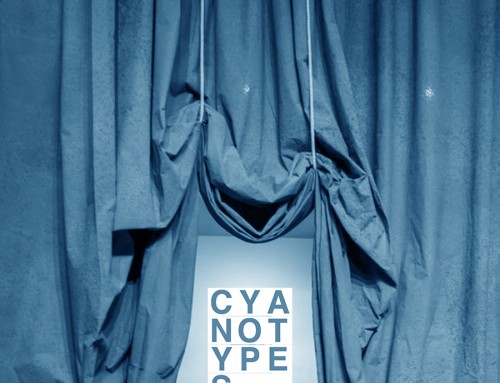
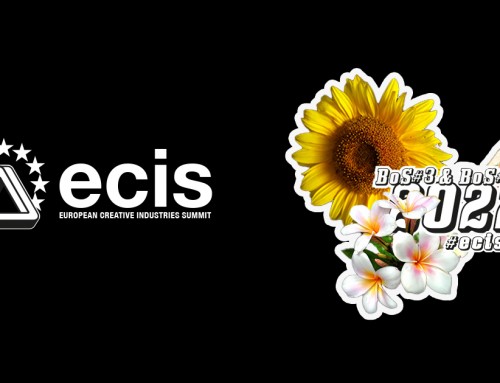
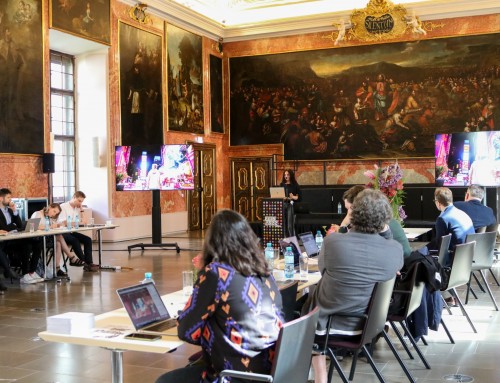
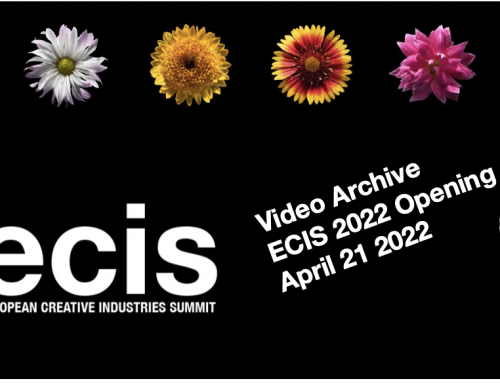
Leave A Comment